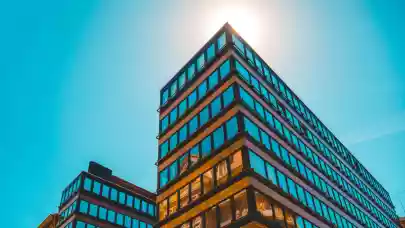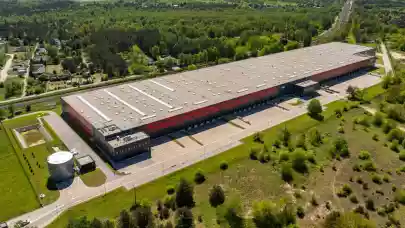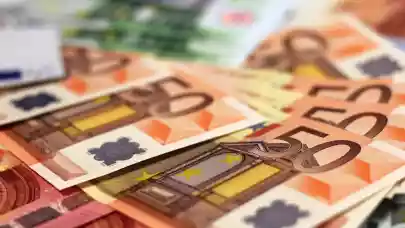
Colliers has issued its latest market snapshot for Europe, the Middle East and Africa (EMEA), which shows a resurgence of interest in property markets in the second quarter amid growing investor confidence in the region’s recovery prospects.
Office assets were the main focus as investors bet on a shift back to more traditional working patterns as COVID measures are lifted. Q2 was notable for a return of €500 million-plus ‘megadeals’ in the office sector in markets such as Germany and the UK, of a kind that had largely gone missing in the first quarter as the pandemic resulted in restrictions on movement in many European countries.
“A lot of transactions were delayed in Q1 by lockdowns,” said Richard Divall, Colliers’ director of Capital Markets. “With Europe now having vaccinated many of its most vulnerable people, restrictions are easing and we’re seeing investors coming back, with plenty of deals in the due diligence pipeline likely to close in the second half of the year.”
Offices were not the only segment seeing new momentum in the quarter. Despite the leisure sector remaining relatively subdued, investor interest in hotels – an asset class badly affected by the pandemic – is visibly picking up in tourism hotspots such as Italy and Spain, while there were also signs of life in retail.
“Investors are beginning to position themselves for a boom in post-pandemic tourism, counting on a surge of pent-up demand once COVID restrictions are fully lifted,” said Damian Harrington, Colliers’ Head of Global Capital Markets Research and EMEA Head of Research. “The recent pressure on hotels means those in prime locations are looking increasingly attractive.”
Interest in the private rental sector is also high in markets such as Poland and Ireland, even though some European cities and countries are tightening regulations in favour of owner-occupiers and tenants. The research also showed investment in the industrial and logistics sectors continued to build, in the expectation that the online delivery demand created by lockdowns is here to stay.



